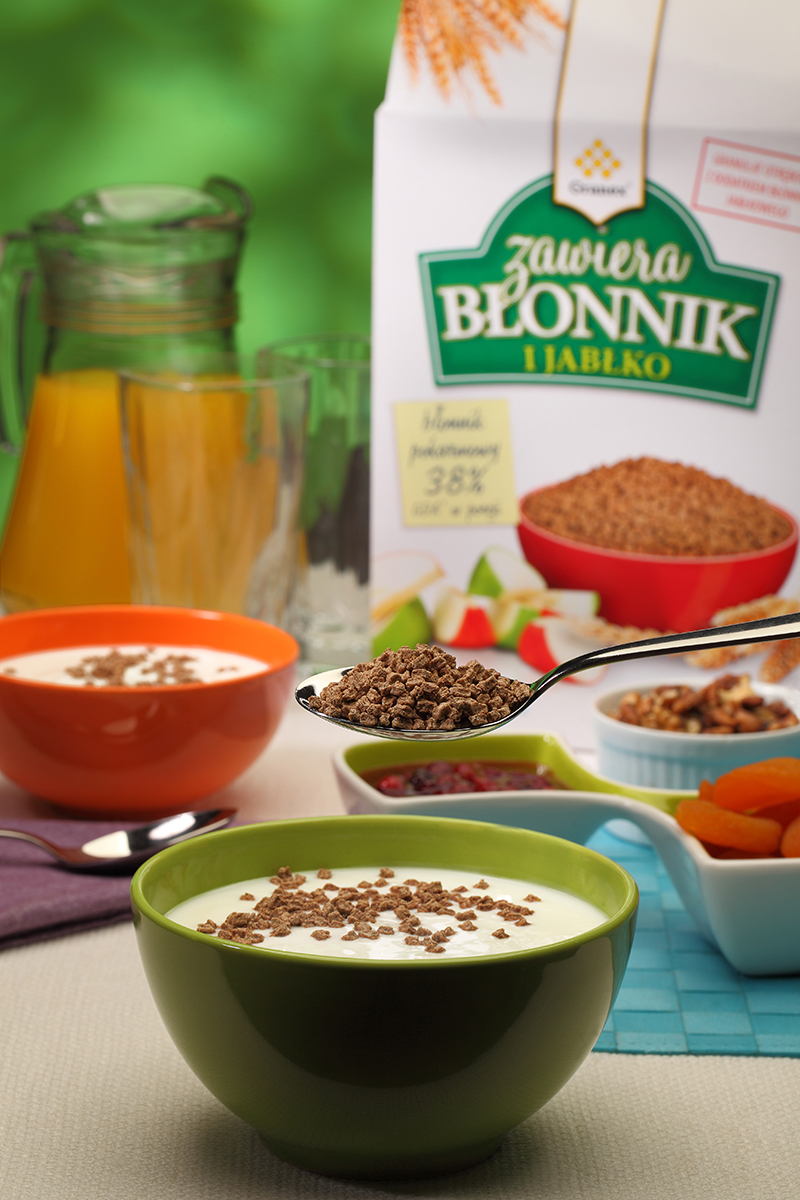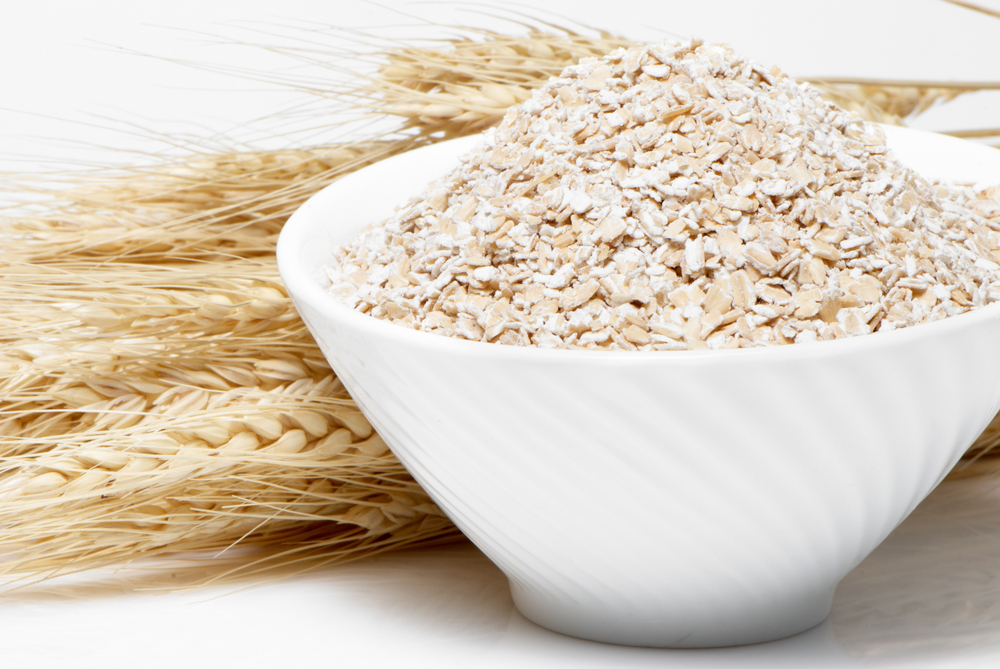12 Sep FULL GRAIN WILL BOOST YOUR BRAIN!
Cereal products should form the basis of our daily diet. Often, however, it happens that we replace them with high-protein food, which is a mistake. It is worth knowing what cereal products we should choose to make our meals nutritional and healthy.
The World Health Organisation places cereal products at the bottom of the food pyramid, before vegetables and fruits. Due to their high nutritional value and valuable pro-health properties, cereals should account for up to 40% of the daily diet. These recommendations apply to all age groups, both adults and children.



Not all flours are equal
It is worth knowing that the nutritional and health value of cereal products depends to a large extent on the way they are produced. The most valuable element of cereals are their husks consisting of 6 layers, which can be described as a pantry of health minerals, fibre, protein and valuable fat, extremely important for human. Therefore, the degree of grain processing is significant for the value of cereal products. Whole grain, low processed cereal products contain all valuable parts of the grain. Products based on white flour are, however, much poorer – in the course of milling grain loses as many as 5 layers of the husk and the kernel.
In front of the shop shelf – what should we choose
It is easy to guess why nutritionists recommend replacing white flour products with wholegrain ones that contain all the nutritional values of the grains. If we choose white flour or products made from it, as well as white rice or refined groats, this means that we deprive our body of many valuable ingredients, including fibre, B group vitamins, zinc, iron or magnesium. Wholegrain products, such as paddy rice or groats – buckwheat groats, pearl barley and barley groats – should be the basis of our meals. It is also worth including rolled oats and, above all, wholegrain bread with full cereal grains in our menus. We should eat such products every day.
Grains full of health
Most commonly used and best known cereals in food production are wheat, rye, oats, barley, rice and corn. In recent years, this group has been joined by less known spelt and amaranth – cereals particularly valuable in terms of nutritional value.
The complex carbohydrates contained in whole grains of these cereals are a basic and very friendly source of energy – their digestion is a very balanced and harmonious process. It provides the body with all nutrients, gradually releasing energy that is sufficient for several hours of effective action and well-being. In addition to high nutritional value in the form of minerals and vitamins, whole grains of these cereals are a rich source of dietary fibre. This substance is necessary for proper functioning of the digestive system, it supports the cleansing of the body from unnecessary metabolic products. Spelt and amaranth are also cereals recommended especially for people suffering from heart and cardiovascular diseases.
For any time of the day
It should be noted that wholegrain products are not only brown bread, groats or rolled oats. If we look for healthy snacks, we will find them on shop shelves right next to the products perfectly suitable for something to eat between main meals. Rice and wheat wafers, crisp bread, as well as snacks such as Oaty Pillows (Poduszki Owsiane) or Healthy Fibre (Zdrowy Błonnik) from GRANEX are much healthier than sweet nibbles. Made from whole grains, they are not only a valuable source of nutrients, but they also support the slimming process. The fibre contained in them is an effective and lasting method of satiating the appetite and it does not cause unnecessary weight gain. It regulates intestinal peristalsis, so it prevents constipation.

